The New “High Potential Individual” Visa in the UK Receives Criticism
Starting on May 30, recent graduates of top global universities are allowed to stay in the United Kingdom for a maximum of three years, with a new scheme called a High Potential Individual (HPI) visa. The applicants must have graduated from an eligible university within five years, and once accepted, college graduates will be allowed to stay for two years at most or three years for Ph.D. or other doctoral degrees. The government only briefly describes on their website what the new visa holders can and cannot do, and yet,…






